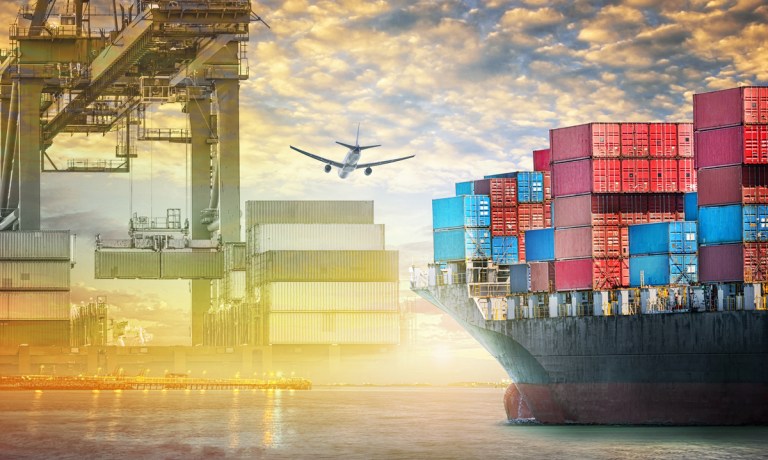Flexport Sets 2025 Goal for Profitability, IPO

Supply chain logistics company Flexport is undergoing a restructuring process to regain profitability and reshape its business.
Founder Ryan Petersen has set a long timetable for achieving profits, setting his sights the end of next year or early 2025. This effort may delay the company’s plans for an initial public offering (IPO), although Petersen remains committed to eventually taking the company public, The Wall Street Journal reported on Tuesday (Oct. 17).
Flexport has received significant investments, totaling $2.3 billion over its 10-year history. Investors include Andreessen Horowitz, Founders Fund and SoftBank Group’s Vision Fund. Petersen’s ultimate goal is for Flexport to become a profitable public company that becomes highly valued on Wall Street, WSJ said.
The company’s most recent valuation was $8 billion following a fundraising round last February, which raised $935 million. Since Petersen’s return as CEO last month, he has made changes, including a 20% reduction in the workforce and an overhaul of the leadership team, which included the departures of its CFO and a vice president. These measures have led to a 25% reduction in annual operating expenses over the past five weeks.
Petersen’s focus is improving customer relations and enhancing service quality. Flexport serves Fortune 500 retailers and manufacturers, and Petersen aims to enhance on-time delivery and pricing accuracy. He resumed a day-to-day role less than a year after stepping down as CEO due to disagreements with his predecessor, Dave Clark.
Flexport said it experienced a significant decline in revenue this year due to plummeting shipping prices amid weak shipping demand. Gross revenue per ocean freight shipment dropped by about 70% between January and September compared to the previous year, per WSJ.
The recent layoffs primarily affected areas such as software development, with customer-facing departments experiencing fewer impacts. The company’s workforce now stands at around 2,500 employees. However, these cost-cutting measures will not affect the airfreight operations managed by Flexport, which involve three Boeing 747-400 freighters operated by Atlas Air Worldwide Holdings.
In September, the supply chain logistics firm launched a self-service, artificial intelligence (AI)-enabled supply chain solution for entrepreneurs.
The tool offers businesses instant access to financing, freight, fulfillment and replenishment to its client marketplaces and retail stores.
By streamlining the supply chain process, Flexport said it aims to democratize the supply chain and provide entrepreneurs with the benefits of scale that were previously only available to big companies.